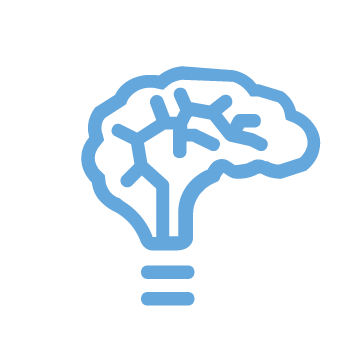Neurology
Share This Page
Share This Page

The Neurology Research Program was founded in 2023 and is led by Dr. Danielle de Sa Boasquevisque. The program participates in multicenter (national and multinational) clinical drug and clinical device trials. Areas of research include: ischemic and hemorrhagic stroke, atrial fibrillation, systemic embolism, intracranial atherosclerosis, cerebral amyloid angiopathy and intravenous thrombolysis.
Dr. Danielle de Sa Boasquevisque
Physician Lead
Dr. Alicia Mattia
Co-Investigator
Dr. Si You Sun
Co-Investigator
Dr. Syed Faraz Masood
Co-Investigator
Dr. Samuel Thrall
Co-Investigator
Dr. Euan Zhang
Co-Investigator
Leanne Kent
Niagara District Stroke Care Coordinator
Ralph Gaa
Research Coordinator
cAPPricorn-1: A Phase 2 Trial of ALN-APP in Patients With Cerebral Amyloid Angiopathy
The purpose of the study is to evaluate the effect of ALN-APP on measures of Cerebral Amyloid Angiopathy (CAA) disease progression and to characterize the safety, tolerability and pharmacodynamics of ALN-APP in adult patients with sporadic CAA and Dutch-type CAA.
The narrowing of brain arteries is one of the most common causes of stroke worldwide. There is evidence to suggest that antithrombotic medications could reduce the rate of stroke in patients with narrowed brain arteries. This study will compare antithrombotic medication (rivaroxaban or ticagrelor or both) to the standard care antiplatelet medication (clopidogrel).
ENRICH-AF: EdoxabaN for IntraCranial Hemorrhage Survivors with Atrial Fibrillation
The objective of this study is to evaluate whether edoxaban is superior to standard medical therapy in reducing the risk of stroke in high-risk atrial fibrillation patients with previous intracranial hemorrhage.
LAAOS-4: The Fourth Left Atrial Appendage Occlusion Study
Atrial fibrillation is a common condition where the heart’s upper chambers beat too fast and irregularly, reducing pumping efficiency. This can cause blood to pool, increasing the risk of clot formation. If a clot enters the bloodstream, it can block arteries and cause a stroke.
The LAAOS-4 study aims to determine if closing the left atrial appendage with the WATCHMAN FLX™ or FLX PRO™ device, along with Oral Anticoagulant (OAC) medication, is more effective at preventing strokes and blood clots than OAC medication alone.
The purpose of this study is to evaluate whether milvexian compared to placebo reduces the risk of recurrent ischemic stroke.
ReMEDy2: Treatment of Acute Ischemic Stroke
This study will evaluate the safety and efficacy of DM199 (rinvecalinase alfa) in treating participants with moderate stroke severity, who present within 24 hours of Acute Ischemic Stroke onset due to small and medium vessel blockages.
SATURN: Statins in Intracerebral Hemorrhage
This study aims to determine whether statin drugs should be continued or discontinued after spontaneous lobar intracerebral hemorrhage (subtype of stroke) and whether the decision to continue/discontinue statins should be influenced by an individual’s APOE genotype.
